Intake of excess salt in the present age is so easy, as it’s commonly found in commercially packaged food, fast food or ready meals.
Although salt intake in bigger amounts affects each individual differently, reducing excess consumption of salty food benefits everyone’s health in many ways.
What is excess salt consumption?
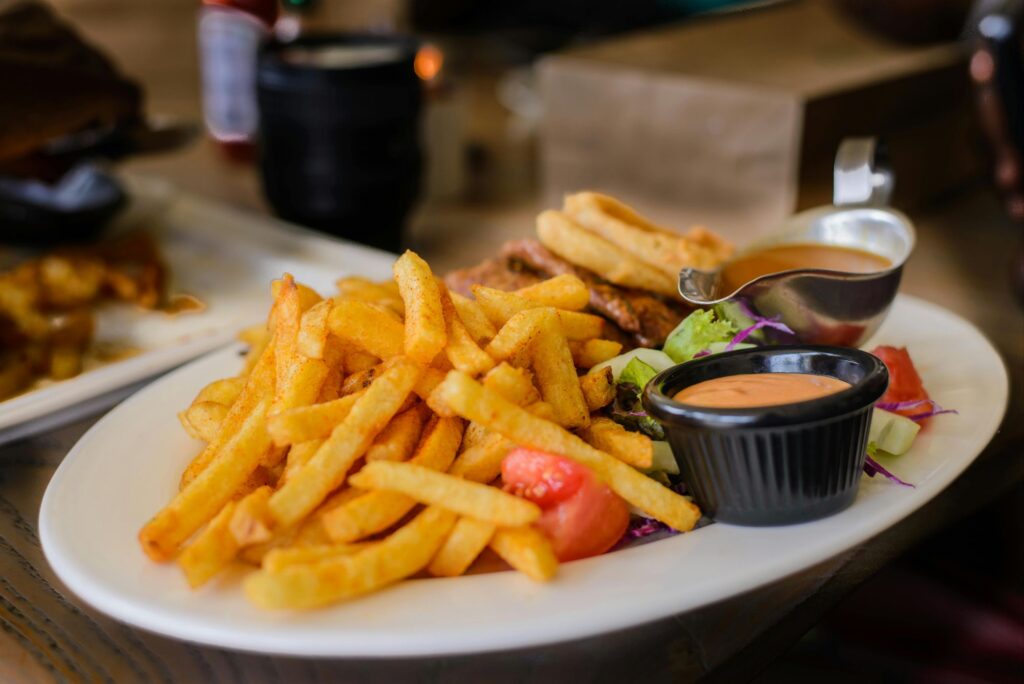
We often eat more than the amount of salt our body needs to stay healthy, without realizing it most of the time!
Being careful with salt is important as we are not in control of the amount of salt in the food we buy often.
Fast food like hamburgers, French fries, processed foods like canned soups, sausages, bacon and packaged savory snacks like chips and crackers are loaded with excess salt that your body doesn’t need.
Danger of overconsumption

It is necessary to check our salt intake and cut back on excess salt so that we avoid putting ourselves in danger that arises from the intake of excess salt/ sodium. Have you heard of or come across the consequences of following diets with excessive amounts of salt?
To put it in a nutshell, overconsumption of salt over long periods of time could cause a rise in blood pressure, a high risk of stroke, headaches, kidney problems, and osteoporosis.
When your body isn’t able to eliminate the excess salt you take in, sodium starts building up in the body. This causes trouble to your organs such as the heart and kidneys.
Tips to control your salt intake
1. Watch what you eat

Being mindful of your diet and making conscious food choices influences your health positively.
As much as possible try not to go for salted, cured, or processed food.
Find healthy and wholesome food recipes or ideas that don’t require or contain excess salt.
For details on mindful eating and it’s benefits, read this article: Mindful eating
2. Limit readymade condiments
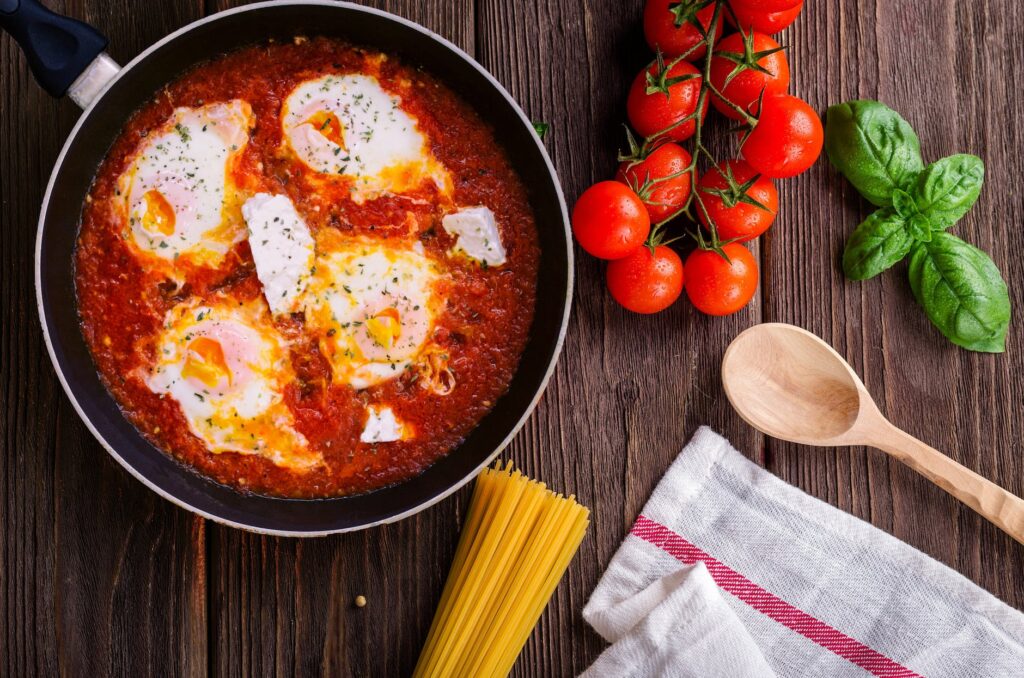
Limit the use of readymade sauces, dressings, salty seasonings, and canned soups as they usually contain high amount of salt, sugar and additives.
There are many healthy alternatives to store bought condiments.
Hummus, Greek yogurt, homemade salsa, guacamole are are some healthy dipping sauce alternatives.
However for certain condiments that are to be added to your recipe and can’t be homemade, look for labels that show lower amount of additives and salt and use them only in moderation.
3. Instant food
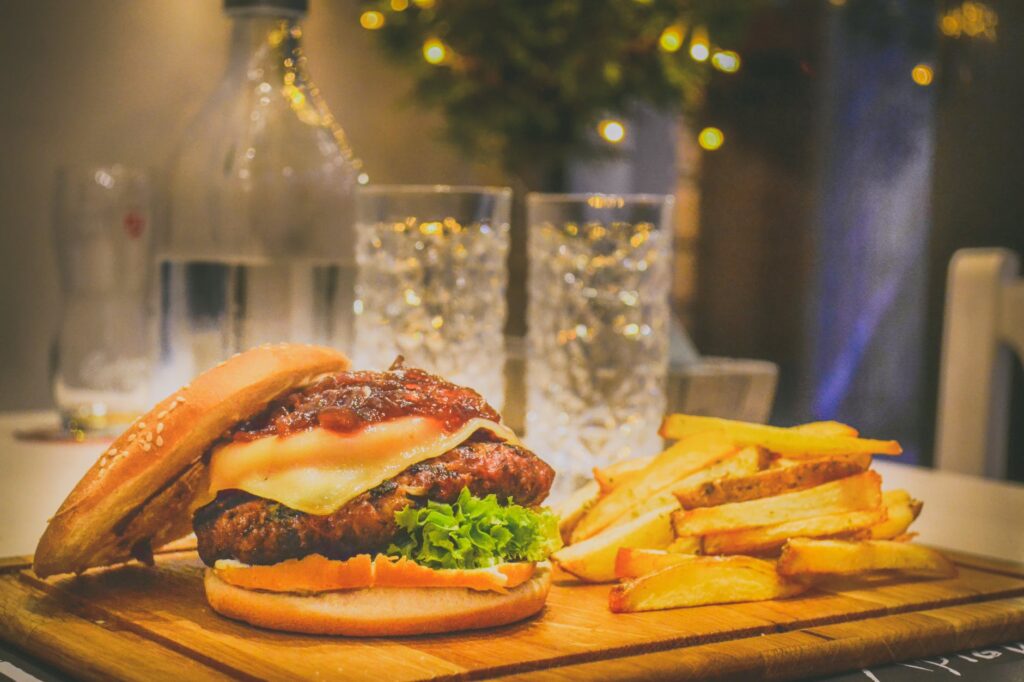
Experiencing cravings everyday is common for all and could push many of us to resort to fast food to satisfy those cravings.
The combination of salt, sugar and fats in such food makes us so addictive that we can hardly resist ordering them frequently.
Controlling cravings and minimizing the consumption of instant and fast food is essential for healthy living.
Avoid getting trapped in the vicious cycle of unhealthy eating habits by cultivating healthy eating habits and sticking to your diet plan.
Here are some tips to improve your self-control with eating and not let food control you: 5 tips for better self-control with food.
4. Choose fresh and natural

Make it a point whenever possible, to buy fresh fruits, vegetables, and meat.
Buy minimally processed whole food such as whole grains, fruits and vegetables.
Learn to appreciate and enjoy the natural flavor of food and the health benefits it brings.
Aim to choose nutritious food that has minimal or no additives and make it a habit to stay on track despite the cravings.
5. Healthy snacking
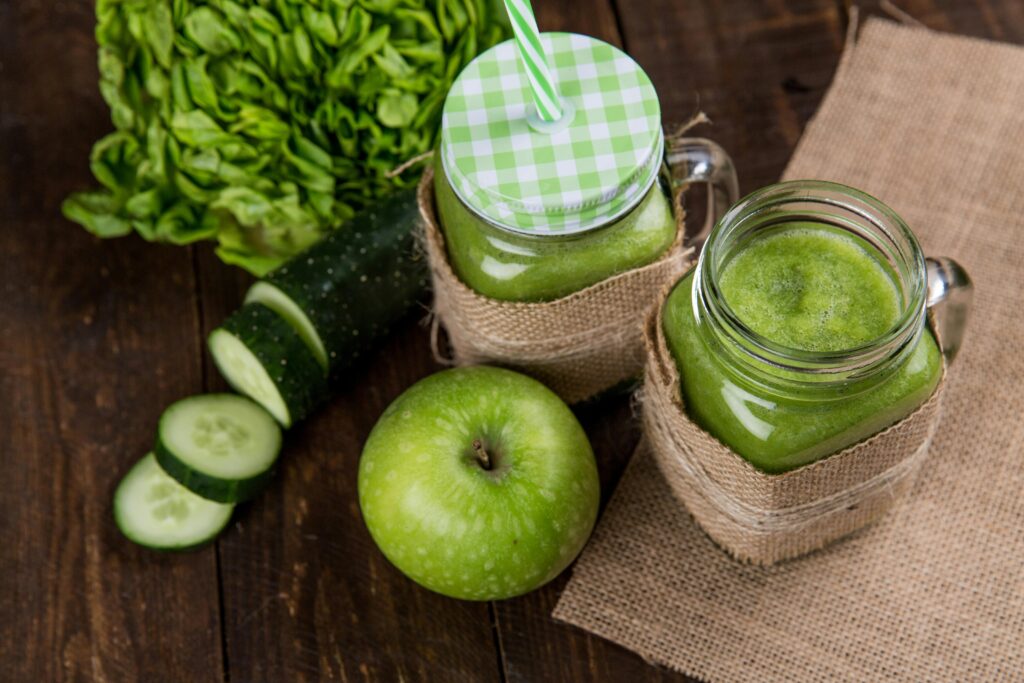
Prefer healthy snacking over packaged snacks or savories.
Choosing snacks that support your health goals requires intentional healthy snacking so that you are nourished and energized without depending upon empty calories.
Snacking on nutritious food in right proportion and not waiting until your hunger spikes helps you avoid indulging in unhealthy snacks such as fast food and savory junk food that are loaded with excess salt.
6. Check Labels

Check the labels of food packages before purchase.
If the label indicates high sodium content (more than 1.5g of salt per 100g), look for healthy alternatives.
Using food labels as guides for healthier selection helps you avoid foods that aren’t nutritious or foods loaded with additives and preservatives.
References:
https://www.fda.gov/food/nutrition-education-resources-materials/sodium-your-diet
https://www.fda.gov/food/food-additives-petitions/sodium-reduction
A small change in your eating habits will contribute remarkably to your health and wellbeing.
Make a choice today to watch your salt intake and bring about a positive change in your diet to stay healthy and happy.
How do you manage to stay in control of your salt intake? Do share in comments.

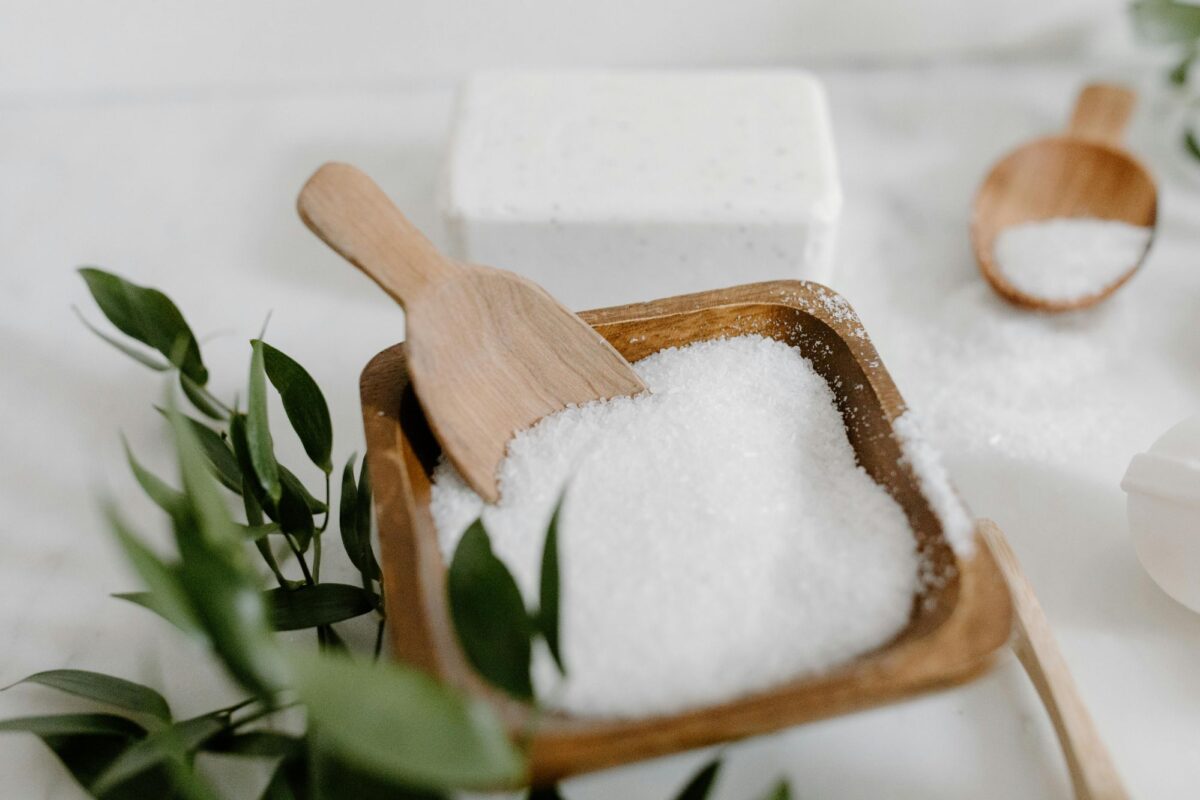

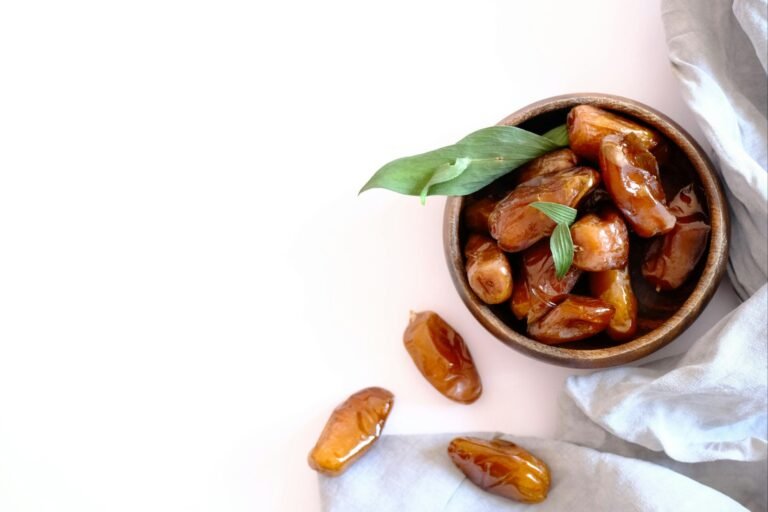

Thank you for informative post dear Rancy
Keep going
All the best
Thank you Nausheen!🙂
I am glad to know that you found my post informative.
Great tips actually!!
Thanks for sharing
You’re welcome.
Such a fab, informative post! Great tips. As a family we’ve been removing ultra processed food from our diets over the last year or so. There’s so much hidden salt, as well as other bad ingredients, in them!
Claire.X
http://www.clairemac.co.uk
Thank you! I’m glad you found it informative.
So true, there is so much hidden salt in processed food.
These are some great tips for cutting down on salt intake! x
Lucy | http://www.lucymary.co.uk
Thank you!
As someone who has to be fairly careful about my salt intake, this was a really useful post to read. It has given me some extra tips and ideas to try out—thanks!
I’m glad that you found this post useful.